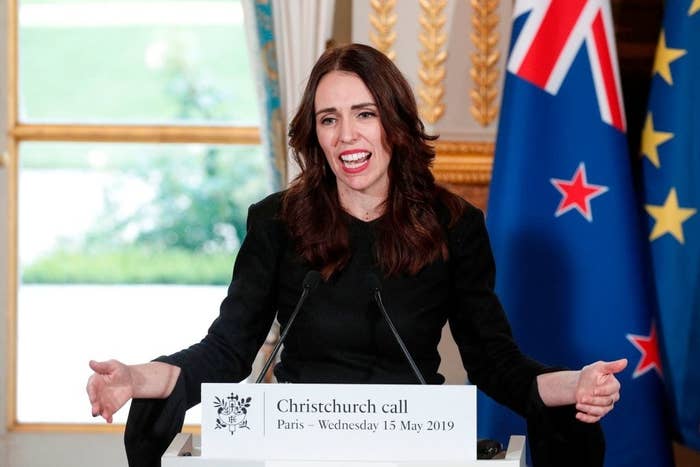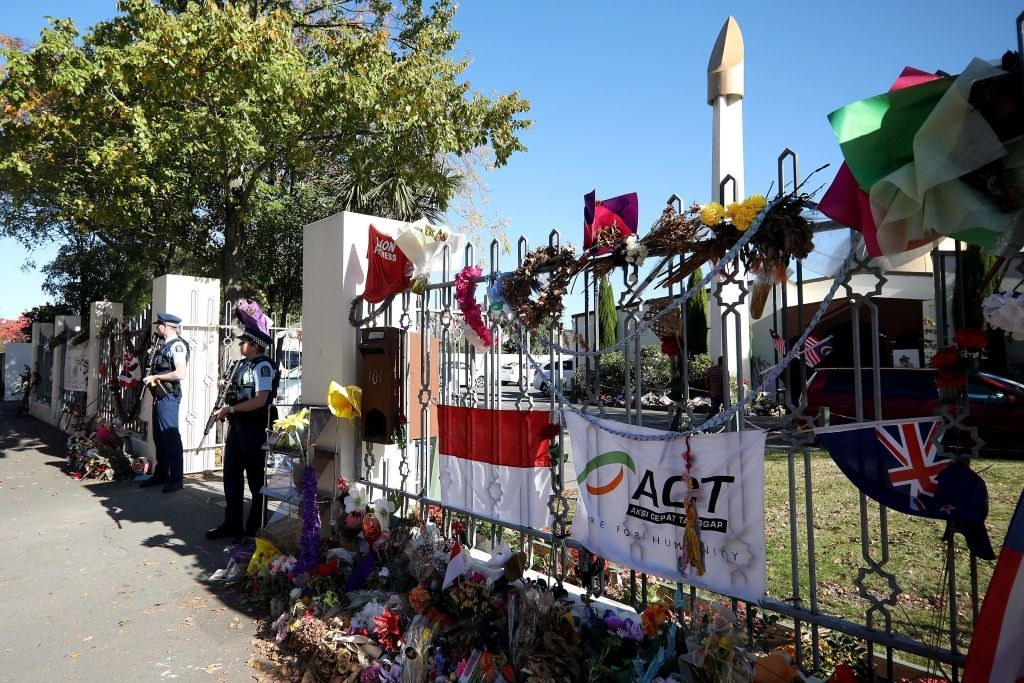The US is not joining a pledge by 17 countries and major tech companies to stand against online terrorism and extremism in the wake of the deadly mosque attacks in New Zealand, the White House has announced.
The Christchurch Call was unveiled Wednesday in Paris by New Zealand Prime Minister Jacinda Ardern and French President Emmanuel Macron, who were joined by other world leaders, as well as representatives of companies such as Facebook, Google, and Twitter.
In the first 24 hours after the March 15 attack, the gunman's livestreamed video was posted 1.5 million times on Facebook alone, Ardern said earlier this week.
"This was a terrorist attack that was designed to go viral," she said.
The call aims to prevent that from happening again by getting governments and tech companies to work together on solutions. Signatories agreed to enforce existing laws on the dissemination of terrorist content while also considering new tech industry standards and government regulations to keep extreme, violent content like the Christchurch video from once again going viral.
"Social media companies, these platforms, they’re global, so the response needs to be global," Ardern said.

President Trump did not attend Wednesday's summit, and the US will not be signing onto the call, the White House said in a statement.
"While the United States is not currently in a position to join the endorsement, we continue to support the overall goals reflected in the Call," the statement said. "We will continue to engage governments, industry, and civil society to counter terrorist content on the Internet."
The White House said it was focusing on proactive measures that respected freedom of speech.
"We maintain that the best tool to defeat terrorist speech is productive speech, and thus we emphasize the importance of promoting credible, alternative narratives as the primary means by which we can defeat terrorist messaging," the statement said.

The statement added that tech companies should continue to enforce their terms of use policies and community standards.
That strategy has worked in stopping most ISIS supporters online. But when white nationalists — like the suspected Christchurch gunman — engage similarly, platforms and governments have in the past failed to take meaningful action.
In an interview with CNN's Christiane Amanpour, Ardern said she was committed to getting platforms and governments to move forward on the issue, but added that she supported a free, open internet.
"Our focus is very much on violent extremism and terrorism online, and we've been specific about that," she said. "This doesn't need to dip into a debate about curtailing freedom of expression, because that's actually something that New Zealanders hold very dearly too."
